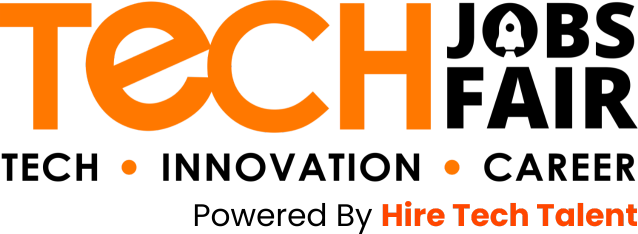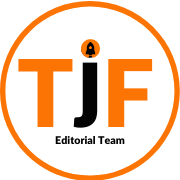- « Previous blog
-
October 16, 2019
-
3722
- Next blog »
In the current job market, job fairs are significant since they allow job seekers to network with potential companies and learn about available positions. These events draw a significant number of brilliant people, making them highly competitive contexts. It is critical to approach job fairs strategically and efficiently to stand out from the crowd and boost your chances of success. This article will review essential tips for job fair success ideas to help you make a good impression and secure potential job possibilities. By following these suggestions, you can succeed in the competitive market and maximise your potential for professional advancement.
Tips for Succeed at a Job Fair
Research
Many job seekers attend job fairs to “look around” and are unprepared to interview.
- Get a head start on the competition by compiling a list of the firms attending the fair and conducting research on each of the companies you wish to speak with.
- While all recruiters will have company literature at their fair booths, you may only be able to access it after the interview. With so much information about businesses available on the internet, there is no excuse not to do your research.
Resumes
- Create the ultimate resume; it should be brief, to the point, and digestible in one minute by an employer.
- Make it unique while remaining entirely professional. Make use of high-quality resume paper.
- Forget about photos, graphics, coloured paper, and unusual print styles; they must be scannable and don’t make a good first impression. Most big firms will now scan your resume into an automated applicant tracking system, which might result in faster retrieval for current or future interviews. Bring plenty of resumes to the fair, at least two for each company you’re interested in. Bring plenty of copies of your resume if you have numerous hobbies or work ambitions.
Be Serious About the Event
It’s a job interview. You’re creating that crucial first impression.
At the end of the event, just a tiny percentage of the hundreds of interviews will stick out. Make sure that you are one of them.
Dress appropriately, practise your best handshake, smile, and make eye contact!
Interviewing
- You may only have 2 – 5 minutes to market yourself and avoid being screened, so you must make the most of your time. Many experts advise you to create a one-minute “commercial” highlighting the primary benefits you can provide the organisation and then use it at the start of the interview.
- Remember the three keys of each interview: make eye contact, provide a solid handshake, and demonstrate excitement.
- You should also prepare responses to interview questions like you would for any other job interview. The most common question is, “What are you here for today?” It is a simple question, especially if you’ve done your study – you can adapt your answer to your organisation’s interests. Make a list of questions to ask the interviewer.
- “What do I need to do to obtain a second interview with your firm?” is an excellent closing question.
- Avoid bad communication habits like fidgeting, rocking, chewing gum, etc.
Direct, polite, and concise questions
This time, you want a second interview, “in-house “, so you don’t have to play all your cards in the first round.
- Inform them if you are interested. “I am thrilled about the opportunities your firm provides, and I believe I have the talent to assist you in reaching your objectives…What can I do to set up a second interview?”
- This is not “pushy”; it is complimentary and indicates that you are professionally forceful. Inquire about how they assess your credentials and “fit” compared to other applicants they are considering. One of the best ways to take it up a notch is to get an honest appraisal!
Attire
Conservative work dress is vital since image and first impressions are critical. Understand the appropriate attire for your profession and dress accordingly. It is always preferable to overdress than underdress.
Follow-Up
Following up is critical! You’d be surprised how few job-seekers take the time to follow up on their job fair interviews, but if you do, you’ll have an advantage over the many others who don’t.
Write a thank you note and mail it to the recruiter’s business card address the next day. Thank the recruiter for their time in the letter, reassert your interest and qualifications for the position, express your want for a second interview, and promise to follow up with a phone call (and then follow through). You should provide a second copy of your CV just to be safe.
Conclusion
In today’s competitive job market, job fairs are crucial for networking and exploring potential opportunities. To succeed, research the attending companies, create a professional resume, and take the event seriously by dressing appropriately and maintaining a confident demeanour. During interviews, deliver a concise pitch, ask thoughtful questions, and exhibit professionalism. Dress conservatively, and remember to follow up with personalised thank-you notes to make a lasting impression. By implementing these tips, you can stand out from the crowd, maximise your chances of securing job prospects, and confidently navigate the competitive job fair environment.
Join 20,000+ Subscribers
Get exclusive access to new tips, articles, guides, updates, and more.


